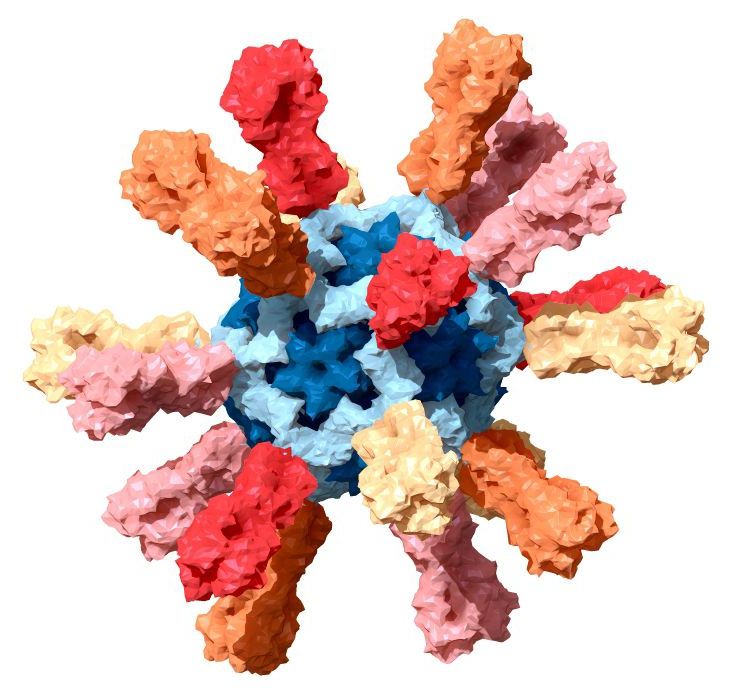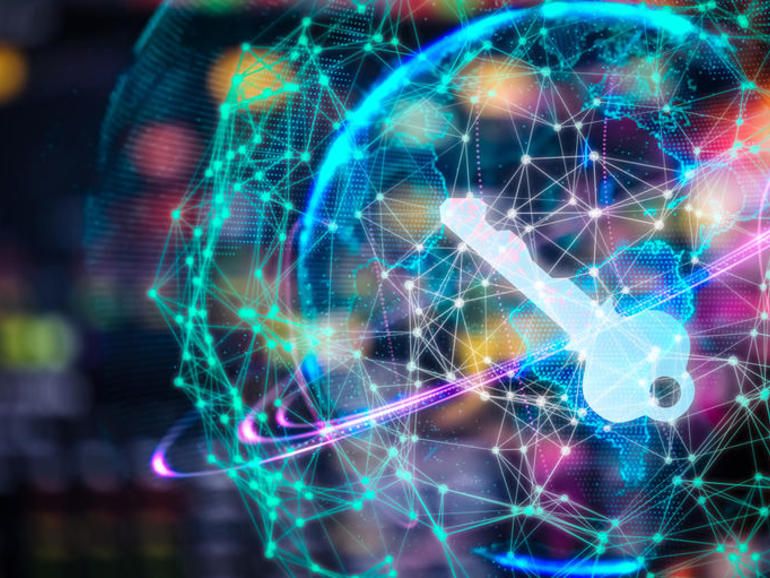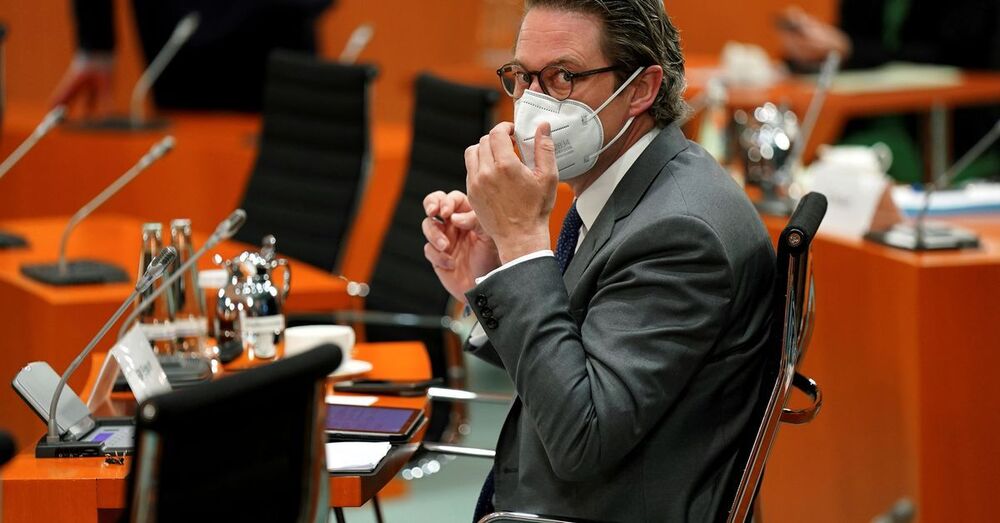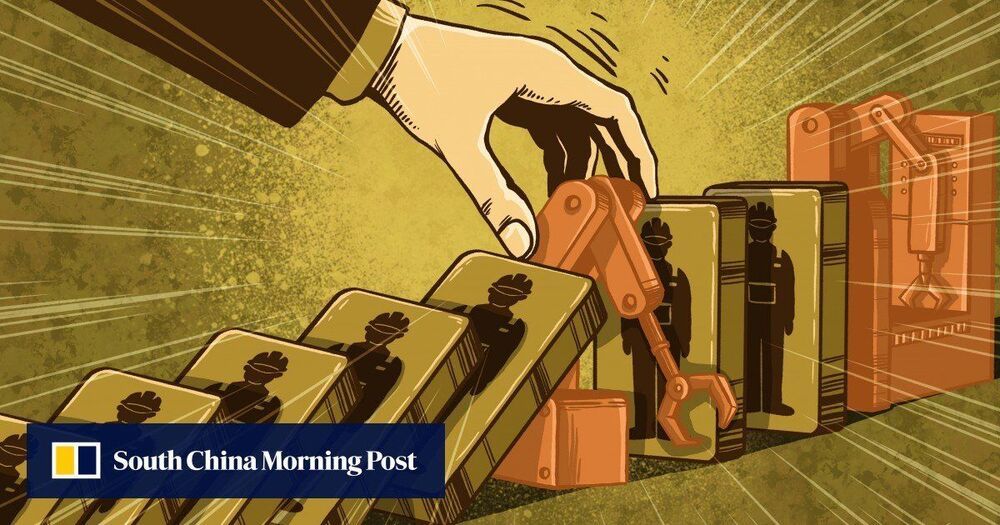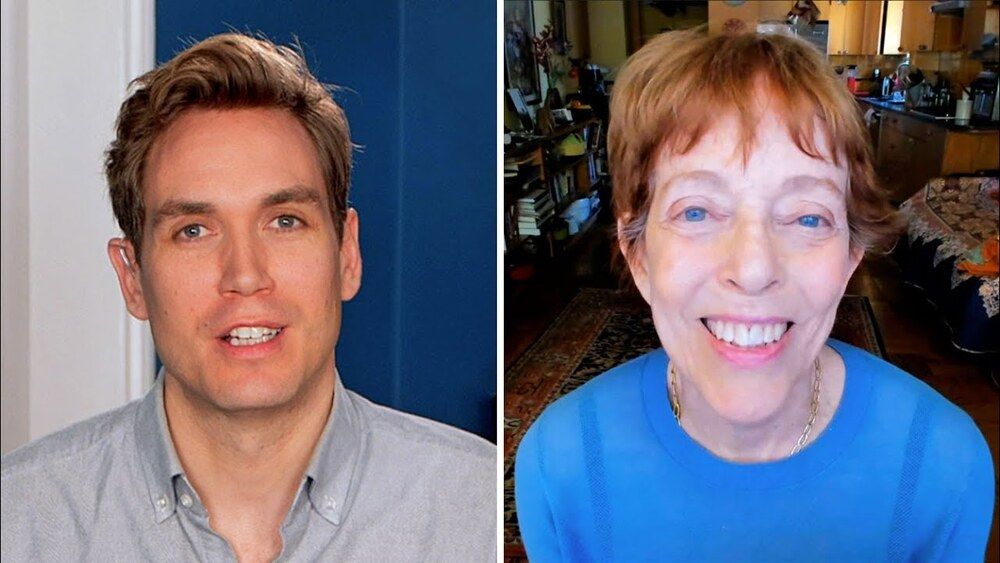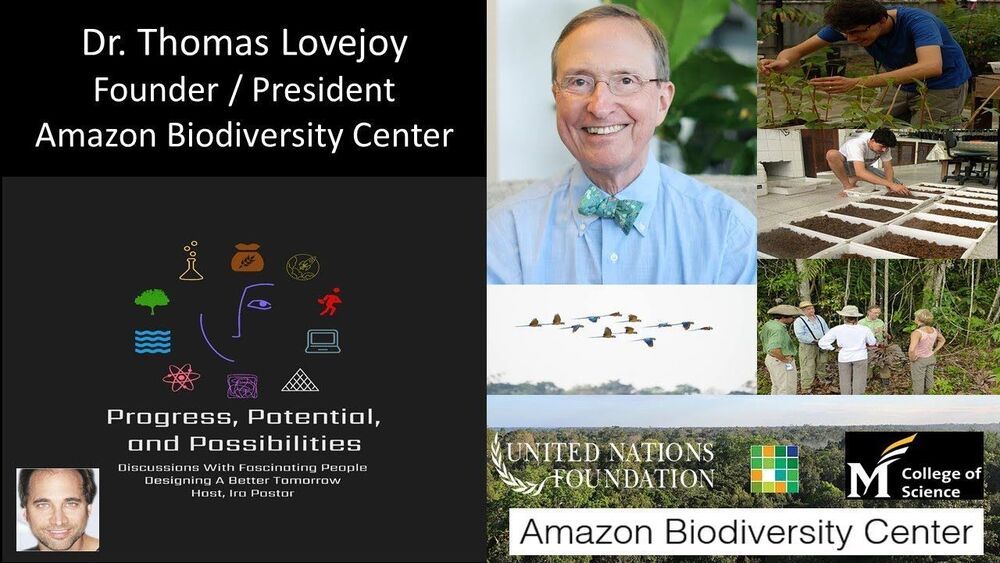## MATHEMATICS • MAY 24, 2021
# *Noise is commonly discarded, but identifying patterns in noise can be very useful.*
*Generalize the Hearst exponent by adding more coefficients in order to get a more complete description of the changing data. This makes it possible to find patterns in the data that are usually considered noise and were previously impossible to analyze.*
*The development of this mathematical apparatus can solve the issue of parameterisation and analysis of processes for which there is no exact mathematical description. This opens up enormous prospects in describing, analyzing and forecasting complex systems.*
*by moscow institute of physics and technology*
One of the metrics used in economics and natural sciences in time series analysis is the Hurst exponent. It suggests whether the trend present in the data will persist: for example, whether values will continue to increase, or whether growth will turn to decline. This assumption holds for many natural processes and is explained by the inertia of natural systems. For example, lake level change, which is consistent with predictions derived from analysis of the Hurst exponent value, is determined not only by the current amount of water, but also by evaporation rates, precipitation, snowmelt, etc. All of the above is a time-consuming process.
Thanks to folkstone design inc. & zoomers of the sunshine coast BC
**Relevant Stories**
https://www.youtube.com/channel/UCpEBFr960dwZqR-9HtCWIcQ
## ORIGINAL PAPER
Raoul Nigmatullin et al, **Generalized Hurst Hypothesis: Description of Time-Series in Communication Systems**, Mathematics (2021). DOI: 10.3390/math9040381
https://www.mdpi.com/2227-7390/9/4/381
#ComplexSystems #forecasting #Noise #GeneralizedHurstHypothesis.
A team of scientists from MIPT and Kazan National Research Technical University is developing a mathematical apparatus that could lead to a breakthrough in network security. The results of the work have been published in the journal Mathematics.
Complex systems, such as network traffic or living organisms, do not have deterministic physical laws to accurately describe them and predict future behavior. In this case, an important role is played by correlation analysis, which describes the behavior of the system in terms of sets of statistical parameters.
Such complex systems are described by trendless sequences, often defined as long-term time series or “noise”. They are fluctuations produced by a combination of different sources and are among the most difficult data to analyze and extract reliable, stable information.

